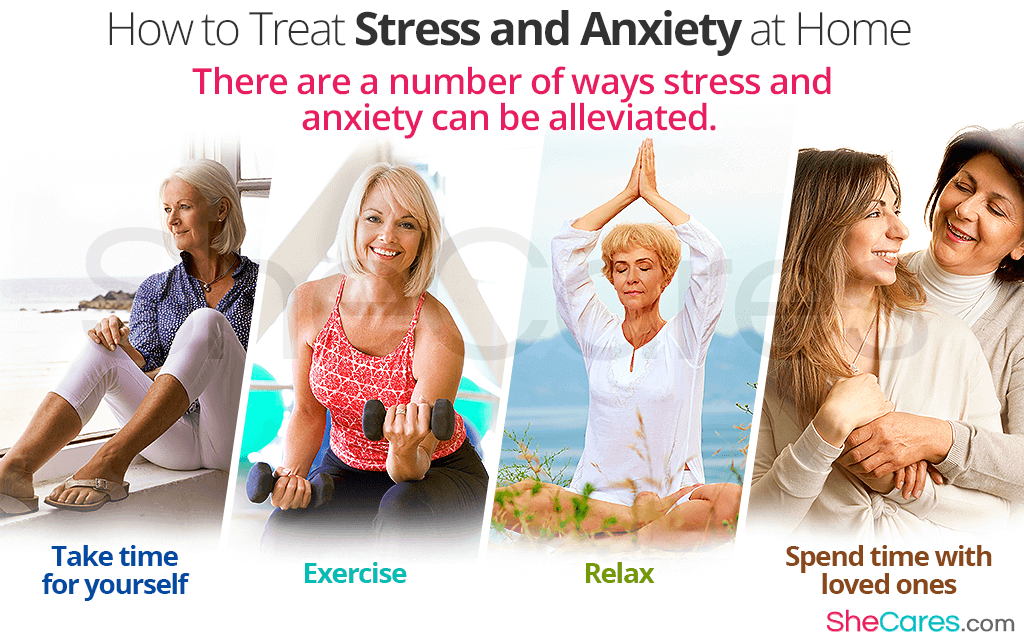It is only natural for women to encounter some stress and anxiety during their lives, especially considering the challenges we are met with every day. Having said this, it can sometimes be difficult to tell when these emotions are normal, or when they are a sign of a disorder that needs to be addressed. Read on to find out the answers to some common questions asked by women, in order to better understand the different stress and anxiety symptoms.
Anxiety and Stress Can Have Physical Symptoms
Most of us associate these emotions with private, hidden feelings, but in actual fact there are a number of outward signs of anxiety and stress too. These are often recognized by members of your family, friends, or even colleagues whom you see frequently. They can include:
- Flushed face and neck
- Trembling or shaking
- Increased heart beat
- Weak legs
- Dry mouth
- Tense muscles
These implications are uncomfortable, and in fact can sometimes worsen with the mere recognition of them - particularly if they are noticed by another person before yourself. The severity of these will differ from person to person, and it might be that only one - or even none - happen to some sufferers of anxiety and stress disorders.
Psychological Symptoms of Stress and Anxiety
A far more common aspect of stress anxiety are the mental factors which are involved. Those experiencing these conditions might encounter a range of psychological symptoms, which require profound self-awareness to identify. Common mental symptoms of anxiety and stress might be:
- Feeling overwhelmed and incapable
- Rushed and chaotic thoughts
- Difficulty concentrating
- Constantly worrying
- Nervous and afraid
- Constantly worrying
- Irritable
Stress and anxiety can cause a range of feelings - which are likely to be different in everyone; they can range from irritable and tense, to lethargic and upset. It can be difficult to come to terms with the emotional aspects of anxiety and stress disorders, particularly because they can sometimes affect your relationships with loved ones.
You Can Treat Stress and Anxiety at Home
These common disorders can - on occasion - cause upset and distress, which then worsens the original condition, continuing in a vicious circle. Thankfully, there are a number of ways stress and anxiety can be alleviated on an individual level. The following are just some techniques that women have found successful in the past:
- Take time for yourself. It is important to ensure that adequate time each day is kept by for reflection and relaxation. This time should allow you to contemplate your thoughts and digest any problems that are troubling you.
- Exercise. Carrying out regular exercise is important because it causes the release of endorphins in the brain: chemicals which can elevate mood. Exercise can also provide you with additional time to process your worries and any stresses.
- Relax. Whether this be in the form of taking a long bath, getting a massage, reading, or yoga, it is extremely important to allocate time to relaxation to relieve stress and decrease the chance of anxiety.
- Spend time with loved ones. Unfortunately, anxiety and stress in some women can lead to relationship problems. Avoid this by making a conscious effort to talk to those who love and care for you, both about what is bothering you, and about their lives too.
Aided with some information about the visible, and concealed symptoms of stress and anxiety, you should hopefully become more adept at recognizing these conditions. Whether they manifest themselves with physical symptoms or not, they can be sufficiently distressing and warrant consideration for management techniques and treatments.
